Clara Natanine is a resident of Kangiqtugaapik (Clyde River), where energy companies are planning to conduct seismic blasting tests to search for oil and gas in Arctic waters. This is her story.

Arctic Sunrise crew and guests prepare to leave St. John’s, Newfoundland for Clyde River, Nunavut, where they will deliver solar panels for the community.
I live in Kangiqtugaapik (Clyde River) in the Canadian Arctic. Most people have never heard of my town. It’s 450 kilometers north of the Arctic Circle with a population of roughly 1,000 people.
We are isolated from much of the world, but we feel very connected to our land, sea, and sky.
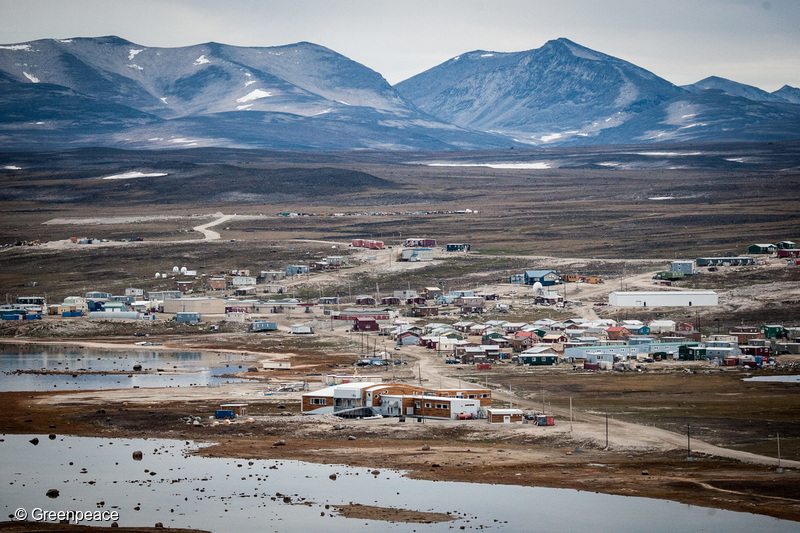
Living in this part of the Canadian Arctic is pretty different than where most of you reading this might live.
We only have one store, one school, and no hospital. There are no roads to other towns, but people do manage to travel by boat, snowmobile, or ATV to go far out on to the land, mostly for hunting trips to provide essential food for our families, elders, and anyone else in the community who is in need of food, free of charge.
The one grocery store is so expensive that without the food we hunt, gather and catch, people could starve. Even with the hunt, there is hardly enough to go around.
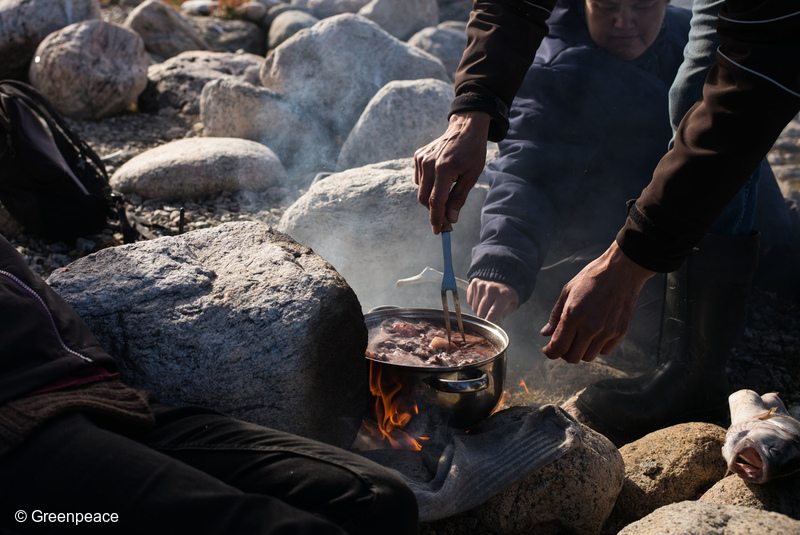
Recently, we have been faced with a challenge that has caused my community to rally together in a way I haven’t seen before.
Energy companies want to blast our waters with seismic cannons to look for oil and gas. This is where narwhals, bowheads, belugas, fish, seals, polar bears, and other marine animals now thrive. But, if the ocean is blasted, their lives will be put at risk and so will our ability to eat local, healthy, affordable food.
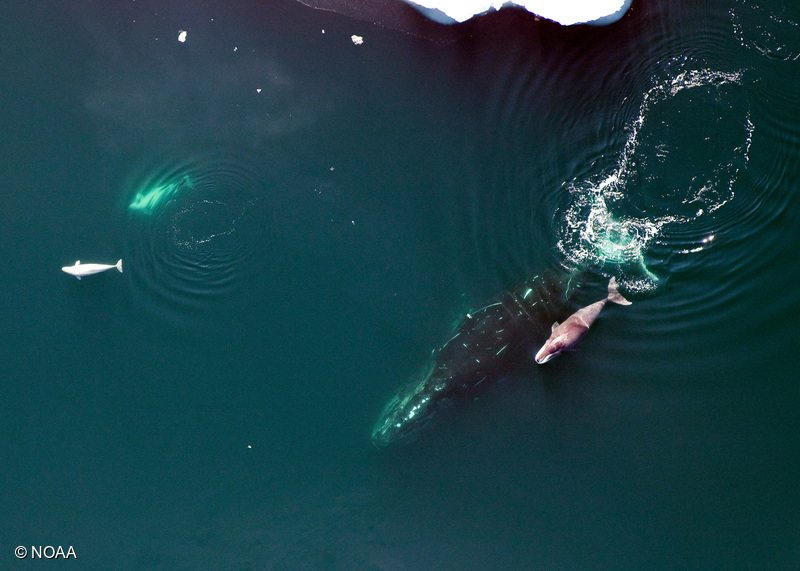
It’s a strange feeling to see your home and culture being threatened. My dad says it feels like someone has declared war on us. Our home holds a special place in my heart that stays with me even when I travel. The mountains and crisp air always draw me back. There are plants and animals here that can only be found in the Arctic that Inuit have relied on for food for thousands of years.
To think of this all being lost — that my people might lose this essential part of our culture, our connection to the land, water and animals — is so heartbreaking to me.
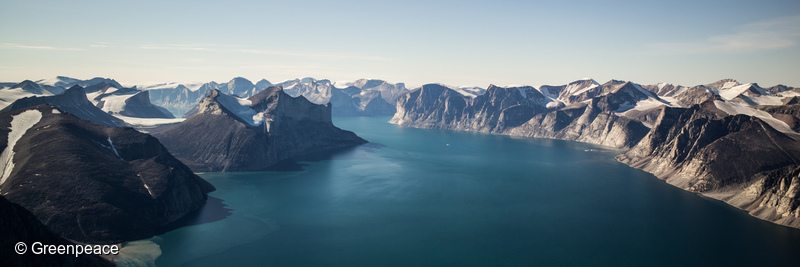
The people in Clyde River might be the biggest reason why I love my home so much. There is a warmth that I feel when I’m with my family and friends here.
Our language and our culture are important to me and while we have undergone systemic oppression from colonizers who came to our land, we remain resilient and determined to maintain our sustainable ways of living.
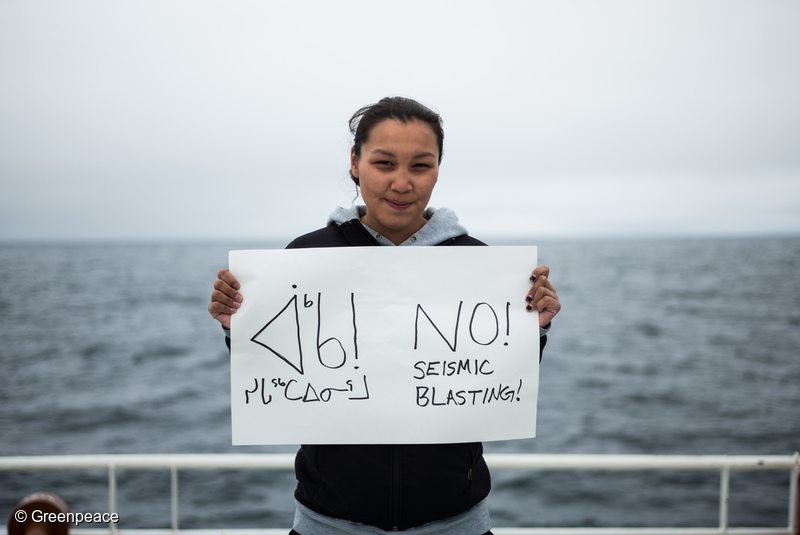
To save the animals we love and the traditions we hold dearly, we’re taking action to protect our ability to survive in the harsh climate and remote location that I call home.
Please help me to support Inuit rights and stop seismic blasting in the Arctic. The ocean is a home, too, and we rely and depend on all the animals that live in the vast waters and land around us.
I hope you’ll support our campaign by adding your voice.
Clara Natanine is a young resident of Clyde River who works at the Clyde River Hunters and Trappers Organization and is concerned about the impacts of seismic blasting on her culture.
